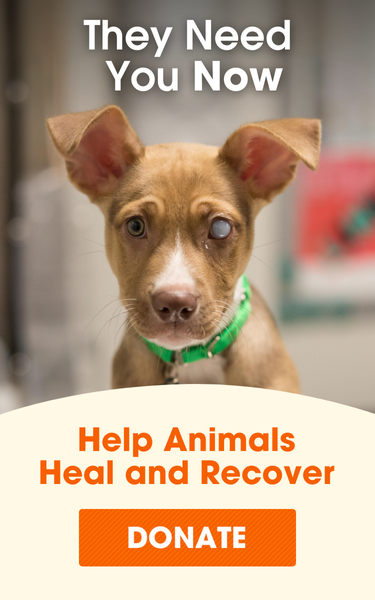
Cutting Pet Care Costs

| 2021 UPDATE | Dog | Cat |
| Annual Costs | ||
| Food | $300 | $225 |
| Routine Medical Costs (Vaccines, Wellness Visits, etc) | $225 | $160 |
| Preventative Medication (Heartworm, Flea/ Tick) | $185 | $140 |
| Litter | $150 | |
| Toys | $37 | $22 |
| Treats | $60 | $36 |
| Health Insurance | $516 | $348 |
| Kennel / Boarding (per day) | $25 | $25 |
| License | $15 | $15 |
| Grooming Supplies (Shampoo, Conditioner) | $28 | $28 |
| Annual Total | $1,391 | $1,149 |
| Initial/One-Time Costs | ||
| Spay / Neuter | $300 | $150 |
| Initial Medical Costs (Vaccines, etc) | $300 | $175 |
| Collar / Leash / Harnesses | $60 | $15 |
| Microchipping | $20 | $20 |
| Litter Box | $20 | |
| Scratching Post | $15 | |
| Carrier | $50 | $40 |
| Crate | $60 | |
| Training Assets (Class, At Home Materials) | $200 | |
| Grooming Tools (Brushes, Clippers, Etc) | $40 | $20 |
| Initial Total | $1,030 | $455 |
| Special Costs | ||
| Professional Grooming | $300 | |
| Dental | $500 | $300 |
| First Year Total | $3,221 | $1,904 |
As responsible pet parents, we have an obligation to care for our furry friends in sickness and in health. But as pet care costs rise, how do we do what’s best for our pet? Here are a few tips to help you save money on your pet’s health care.
Schedule Regular Check-Ups
Don’t skip your pet’s yearly exam. It’s much more expensive—and risky—to treat illnesses than to protect against them. It’s also a good idea to shop veterinary practices by comparing fees for preventative care.
Personalize Your Pet’s Vaccines
Some vaccines are optional, while others are essential in preventing serious diseases. Never skip any shots required by local laws or mandatory for your pet’s protection, but do talk to your vet about personalizing your pet’s vaccine protocol.
Spay or Neuter Your Pet
Spaying or neutering your pet can save a lot of money by preventing serious health problems, including uterine, ovarian and testicular cancers. Many local shelters provide resources for low- or no-cost spay/neuter surgeries. Visit our online database to find a low-cost program in your area. If you live in New York City, check out our mobile clinics serving the five boroughs.
Brush Your Pet’s Teeth
Dental disease can lead to heart and kidney problems and expensive procedures. Start a dental routine to keep your pet’s teeth and gums healthy. Ask your veterinarian what products to use and how often. Don’t use toothpaste made for people, which contains fluoride and may irritate your pet's stomach. Visit our Dog Grooming Tips page to learn more.
Protect Your Pet from Parasites
Flea and tick infestations can cause a host of costly medical problems from minor skin irritations to life-threatening blood loss. Stick with a topical flea and tick solution to keep the critters at bay. Make sure to only use products as directed. Never use a product intended for a dog on a cat. Visit our Fleas and Ticks page to learn more.
Toss the Cigarettes
Secondhand smoke is no joke for pets—it can cause asthma, bronchitis, lymphoma and oral, nasal and lung cancers. Quit now and you’ll save money on vet bills. At the very least, avoid smoking around your pet.
Consider Pet Health Insurance
If the cost of an emergency veterinary visit or serious illness would be a financial strain, consider investing in pet health insurance while your pet is healthy. Be sure to read the fine print, though—not all plans are created equal.
Buy High-Quality Pet Food
A good quality pet food—formulated under the guidelines of the American Association of Feed Control Officials—is often more cost-effective than a homemade diet. Avoid overfeeding your pet, which can lead to obesity and other health problems. Visit our Dog Nutrition Tips and Cat Nutrition Tips pages to learn more.
Groom Your Pets at Home
Save the price of a visit to your groomer with regular nail-trimmings and brushings. It’s good for your pet, it will reduce the amount of hair floating around your home, and your cats will have fewer hairballs. Visit our Dog Grooming Tips and Cat Grooming Tips pages to learn more.
